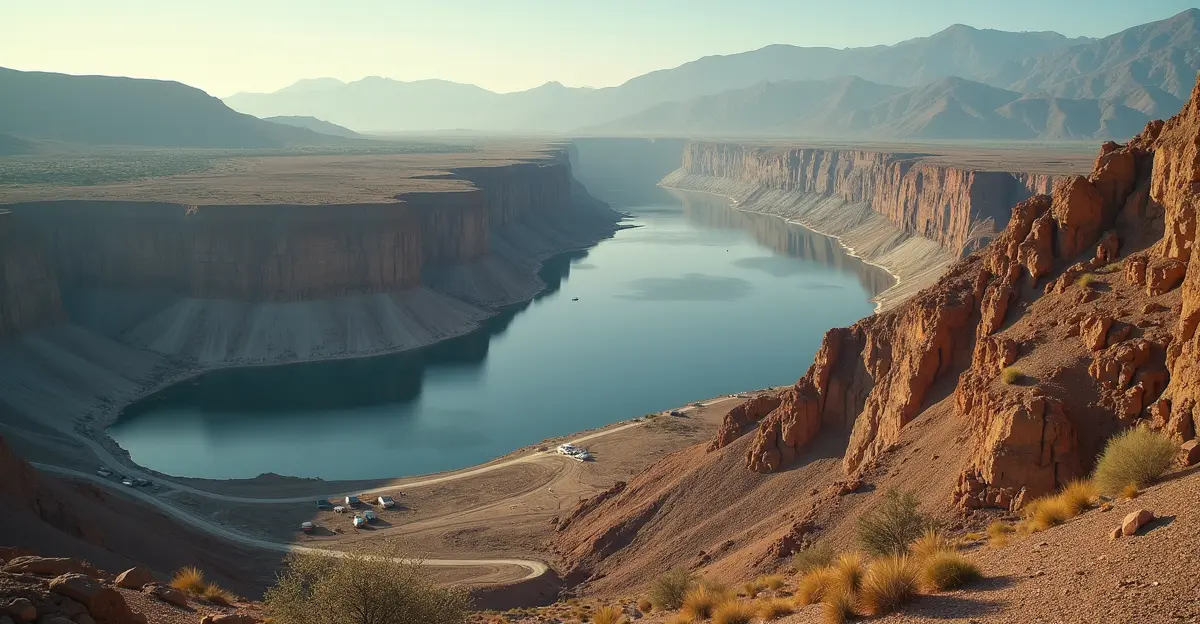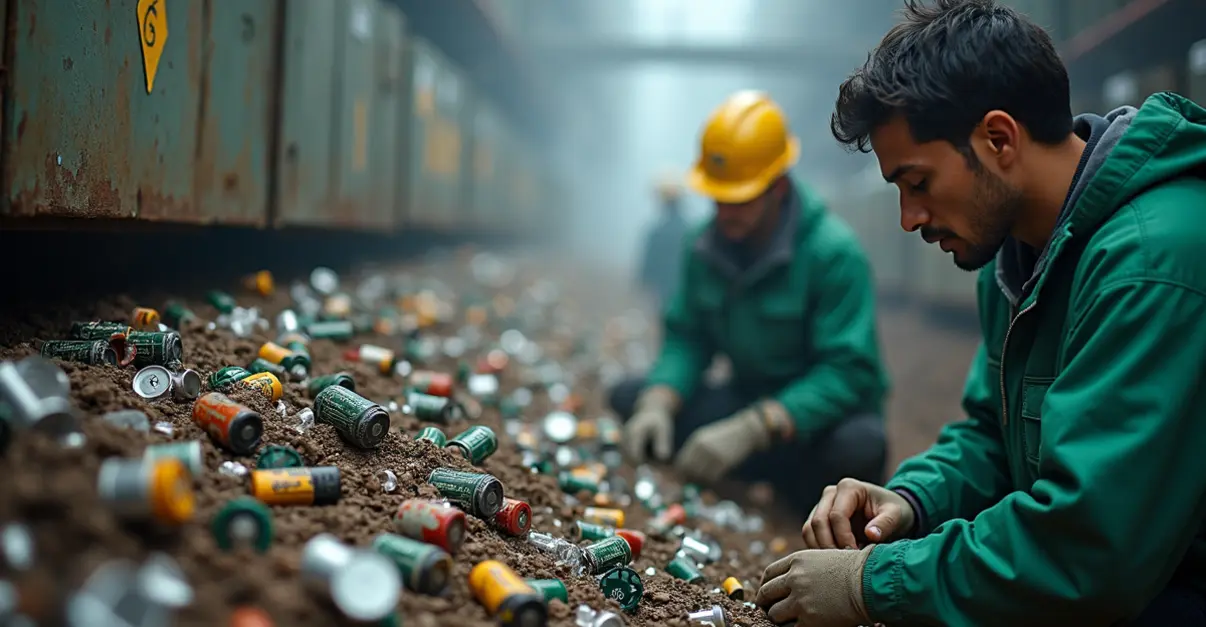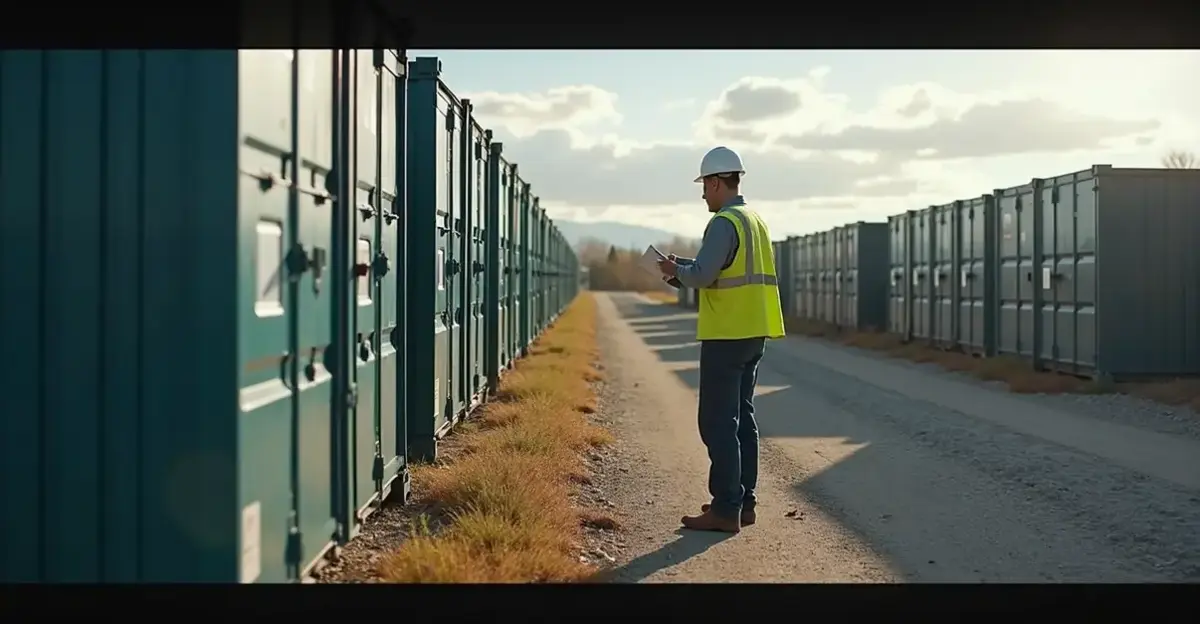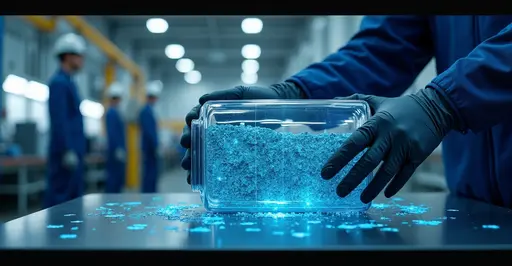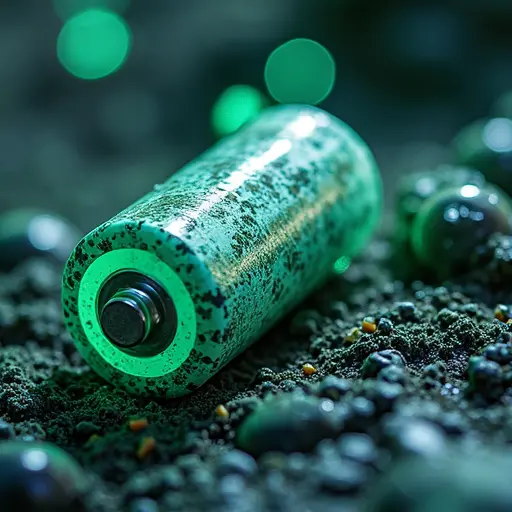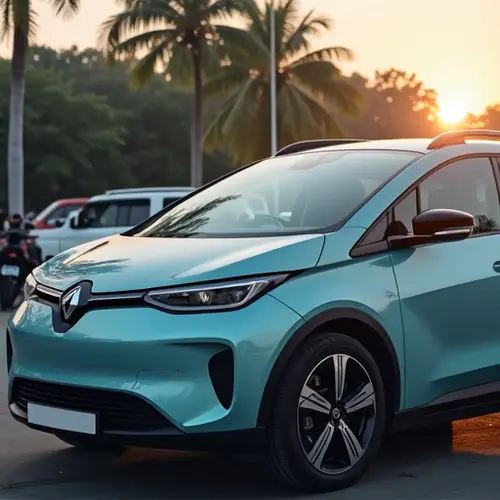Lithium Mining Boom Sparks Environmental and Community Concerns
The global push for lithium mining expansion is accelerating as demand for electric vehicle batteries continues to surge, but this rapid growth is creating significant environmental and social challenges. With global battery demand reaching a historic milestone of 1 TWh in 2024 and projected to triple to over 3 TWh by 2030, the pressure to extract more lithium is intensifying across mining regions worldwide.
Project Approvals and Environmental Reviews
The United States is experiencing a major push for domestic lithium production with 66 identified projects across the country, according to Federal Reserve research. However, only three projects are currently under construction, including the massive Thacker Pass mine in Nevada - which could boost U.S. production tenfold by 2030. The permitting process for these projects has become increasingly controversial, with environmental reviews often completed in record time.
'The Bureau of Land Management approved the Thacker Pass mine in less than a year during the COVID-19 pandemic, failing to obtain free, prior, and informed consent from Indigenous communities,' notes a recent Human Rights Watch report.
Community Consent and Indigenous Rights
The Thacker Pass mine in Northern Nevada has become a flashpoint for Indigenous rights concerns. Located on sacred Paiute and Shoshone lands where an 1865 massacre occurred, the 18,000-acre mine was fast-tracked with minimal tribal consultation. 'The mine construction has prevented Indigenous communities from accessing Peehee Mu'huh, sacred land important for religious and cultural practices,' according to legal analysis.
Despite opposition from at least five Tribal governments, courts upheld the permit, highlighting the urgent need for U.S. mining law reform to incorporate Free, Prior, and Informed Consent (FPIC) principles. The project, backed by General Motors with a $625 million investment and a $2.26 billion Department of Energy loan, raises serious concerns about environmental degradation and water depletion.
Battery Supply Chain Environmental Impacts
Recent research reveals significant environmental trade-offs in lithium battery supply chains. A 2025 study analyzing four lithium battery supply chains using life cycle assessment found that conventional routes using Chilean brine have lower particulate matter, freshwater eutrophication, and ionization radiation impacts for LFP batteries. However, the study reveals complex trade-offs among 16 environmental impact categories.
'Local communities should understand potential negative environmental trade-offs in their regions,' the researchers emphasize, pointing to the need for transparent environmental impact assessments.
Economic Challenges and Market Dynamics
The lithium industry faces significant economic headwinds despite growing demand. Lithium prices have dropped sharply from record highs, making many projects unprofitable. About 70% of U.S. projects target unconventional sources like sedimentary clay deposits and direct lithium extraction from brines, requiring massive upfront investments often exceeding $1 billion per project.
Most projects remain in early development phases, with only 10% reaching definitive feasibility studies. The long-term outlook depends on lithium price recovery and companies' ability to scale up commercially unproven technologies while navigating complex permitting processes.
Global Supply Chain Implications
The geopolitical competition for lithium resources is intensifying, with China restricting lithium extraction technologies while nearly tripling its reserves to become the world's second-largest holder. New producers like Saudi Arabia are entering the market through partnerships, according to market analysis.
Despite current challenges including economic uncertainty and potential policy shifts affecting EV adoption, the long-term outlook remains positive as lithium remains crucial for the clean energy transition. However, the industry must address environmental and community concerns to ensure sustainable development.
As the world transitions to electric vehicles and renewable energy storage, balancing lithium supply needs with environmental protection and community rights will be crucial for building a truly sustainable energy future.

 Nederlands
Nederlands
 English
English
 Deutsch
Deutsch
 Français
Français
 Español
Español
 Português
Português
